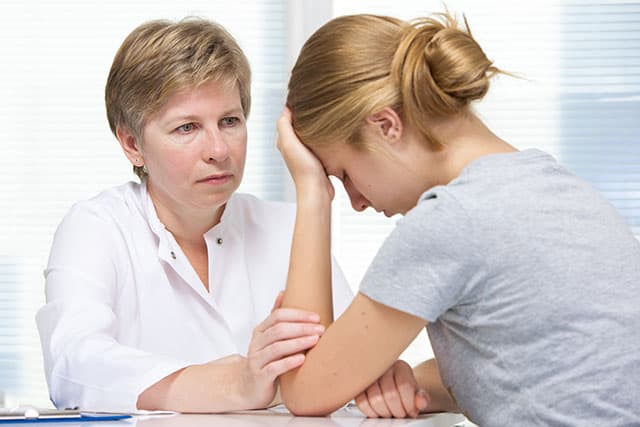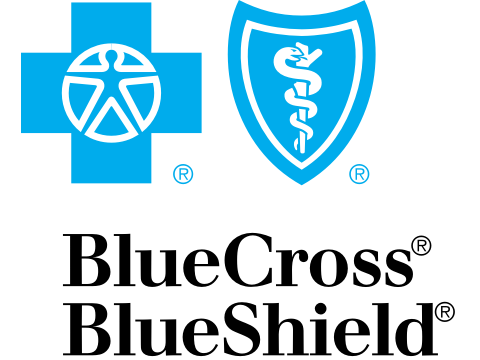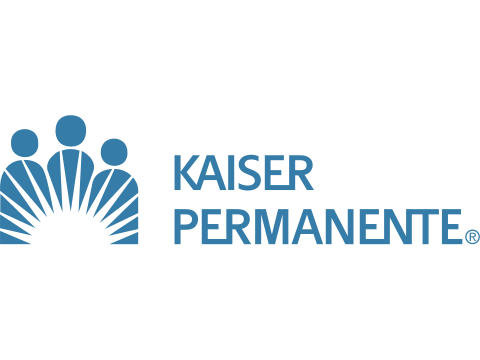
Inpatient Rehabilitation
Inpatient rehabilitation provides around-the-clock clinical and psychological support, allowing a person suffering from addiction to focus on recovery by removing the distractions of day-to-day life.
Learn More
We provide a safe, supportive and non-judgemental environment for clients of our drug detox programs at our network of recovery residences. Our experienced medical staff has decades of experience with substance abuse, and provides individualized treatment specifically designed for each client.
Our mission is to give each client the tools they need to sustain recovery, while providing a lifelong community and support system.
Our customized, evidence-based programs help you gain lifelong freedom from drug and alcohol addiction by looking at the whole you.

Inpatient rehabilitation provides around-the-clock clinical and psychological support, allowing a person suffering from addiction to focus on recovery by removing the distractions of day-to-day life.
Learn More
For those who struggle with drug or alcohol addiction, detoxing is only the beginning of the recovery process. Clients must also learn to cope with stress, manage symptoms of co-occurring disorders, and develop healthy relationships. Substance abuse counseling can help with this phase of drug or alcohol addiction recovery.
Learn More
A long-term view is an important part of aftercare. This includes undoing bad lifestyle habits that may have formed during addiction and introducing healthy ones, including exercise, meditation and healthy eating.
Learn More
Dual diagnosis, also called a co-occurring disorder, refers to the presence of a separate, underlying mental health disorder alongside substance addiction, requiring comprehensive and holistic treatment of both the addiction and disorder.
Learn MoreDrug detox is the jumping off point for an addiction-free life. Drug use changes the normal functions of the body. Detoxifying from drugs is the first step to recovery. Withdrawal symptoms can be hard on the body so it is important to be able to detox in a safe environment.
Your body's dependence on drugs, the substances you have used, as well as other factors will determine the length of a drug detox. Sometimes this process is as quick as a few days, while other times it can be longer than a week. It is imperative that a user enters a drug detox facility and finishes the detoxification process before treatment for the addiction can begin.
Drug detox is the best way to start the journey to achieving and maintaining sobriety. Detoxifying, however, is not an easy process. Withdrawal symptoms can be intense, and can even be so bad that the body will not be able to handle the process. It is oftentimes necessary for a person to require medical support while detoxifying. Going through this process in a medically-supervised facility will ensure that you will not relapse due to withdrawal.
When a person experiences withdrawal symptoms a short time after not using drugs, it is time for a drug detox. Symptoms of withdrawal are painful and can in some cases be lethal; however, the most common side effect due to withdrawal symptoms is for a person to relapse. For these reasons, it is necessary to drug detox in a safe, medically-supervised facility.
Opioid and opiate withdrawal symptoms include muscle aches, anxiety, watering eyes, runny nose, restlessness, and insomnia. Symptoms can be much more severe for people who are suffering from addiction.
For people suffering from addiction, withdrawal symptoms can include abdominal cramping, nausea, vomiting, diarrhea, blurred vision, high blood pressure, and rapid heart rate. Many of these symptoms can be severe and may require medical attention.
Stimulants include narcotics and amphetamines such as cocaine, ADHD medication, and methamphetamine. Signs of withdrawal can include depression, low energy, drowsiness, and exhaustion.
One of the most serious risks associated with stimulant withdrawal is suicide. This is largely due to the majority of symptoms being related to mental health.
Benzodiazepines include a group of prescription medications more commonly known by designer names such as Valium, Xanax, and Klonopin. People withdrawing from benzodiazepines is a sign of addiction or dependence on these drugs.
Symptoms of benzodiazepine withdrawal include muscle spasms, panic attacks, nausea, grand mal seizures, detachment from reality, and abnormal feelings or touch sensations.








